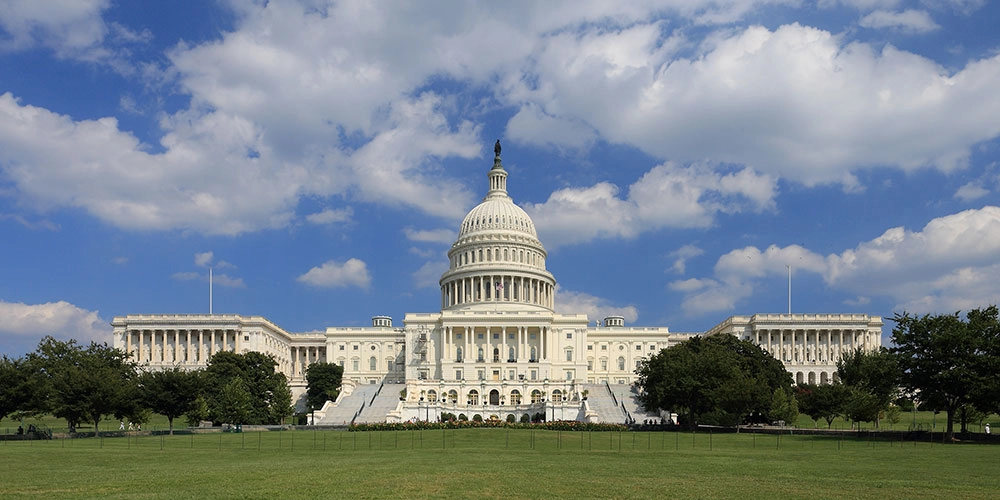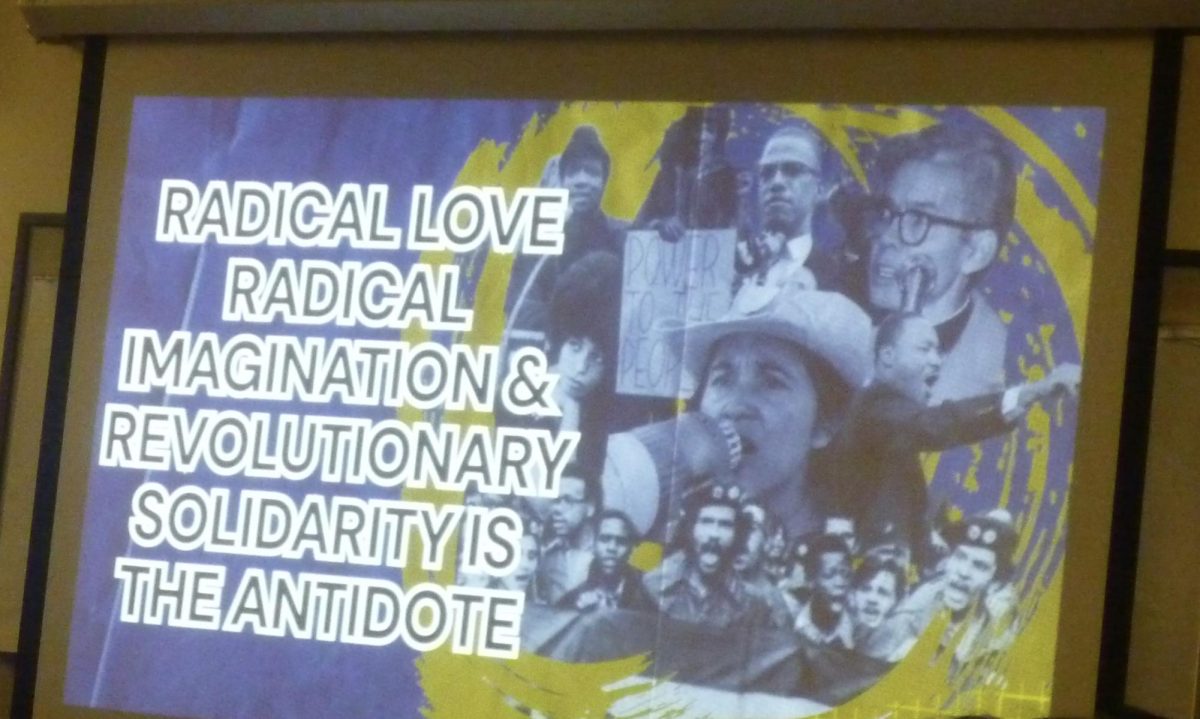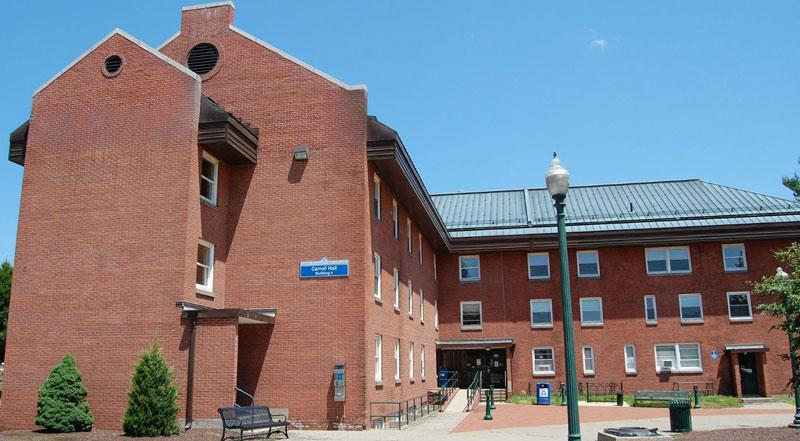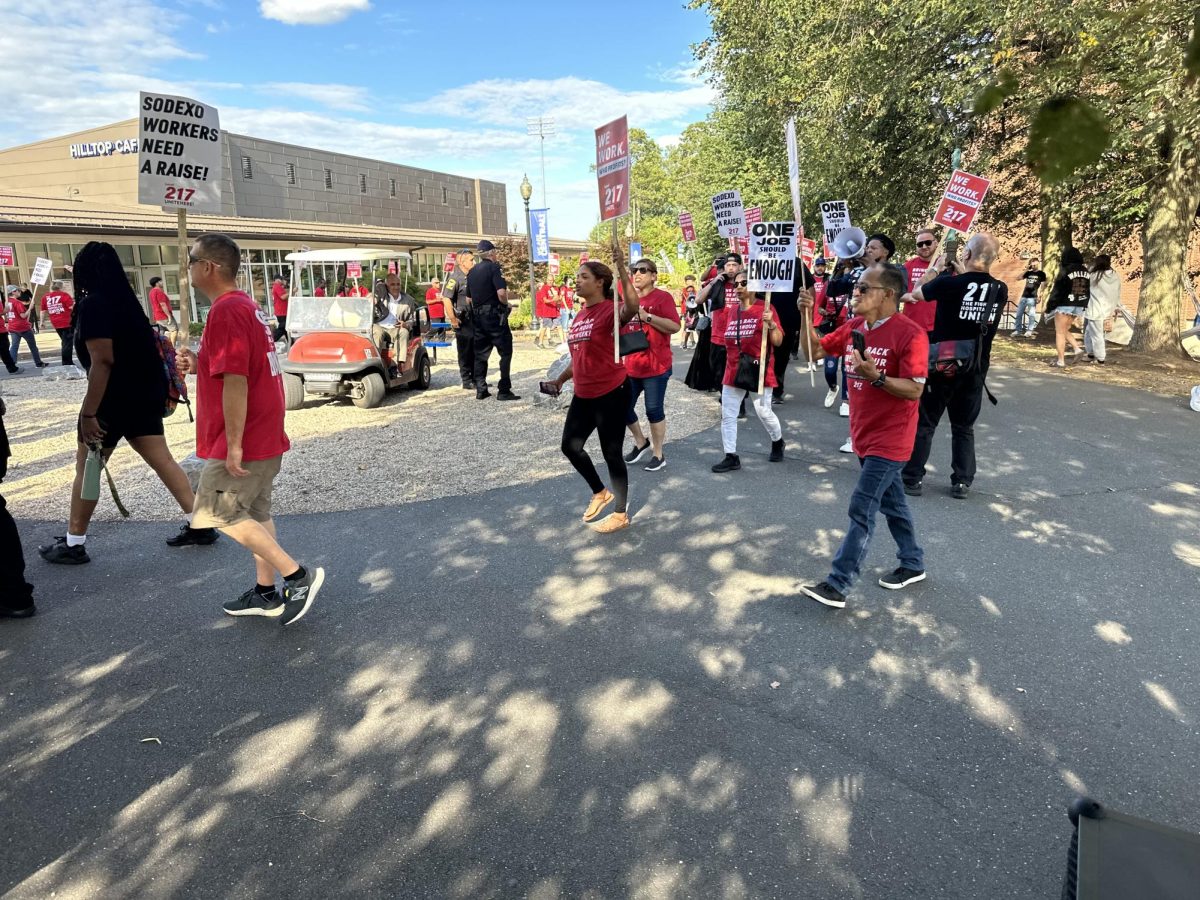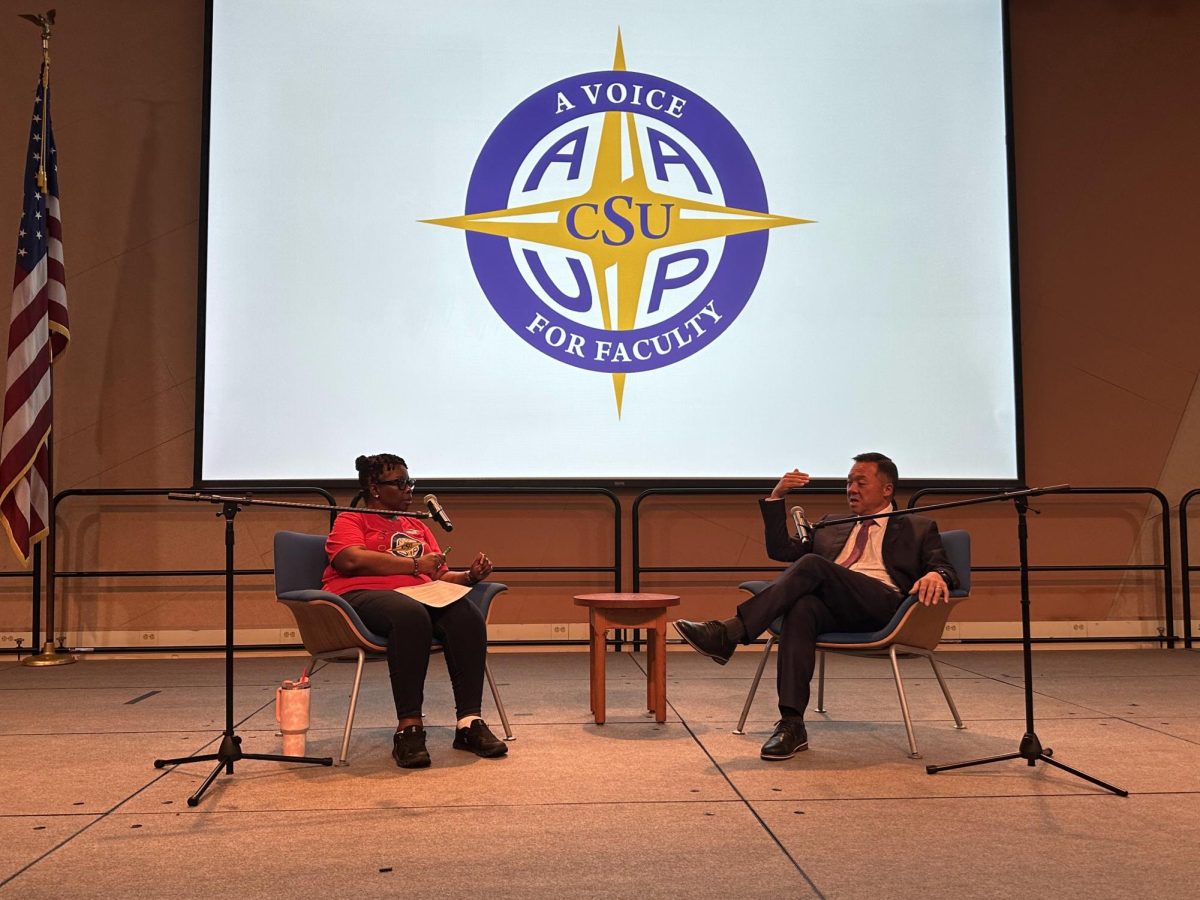By Jason Cunningham
A college campus is a place where faculty and students can learn from each other. Chris Dukes, Central Connecticut State University’s Director of Student Conduct, believes it starts at social responsibility.
Dukes is a member of the Presidential Advisory Council on Alcohol, Tobacco and other Drugs, or PAC. The PAC consists of members of CCSU faculty, police force and student body, attempting to give all stakeholders on-campus representation. These representatives share the collective aim of complying with the Drug Free Students Act with student safety in mind.
According to Dukes there are an alarming amount of instances of violence on campus with a direct correlation to alcohol. Dukes isn’t naive to the fact that students may want to drink to have a good time, but he feels that most students aren’t aware of the consequences that activities like binge drinking and other risky behaviors can have.
“It has been my experience, and I say this anecdotally, that 99 percent of our on-campus violence, student to student and student to visitor, has been fueled by alcohol. Same with sexual assaults, which are all interpersonal violence instances all fueled by alcohol,” said Dukes. “Does a good time equal a trip to the hospital emergency room?”
The PAC hopes to be as effective as they possibly can in dealing with the issue of binge and underage drinking on campus.
“We have to look at why people drink. Some people because of a condition. Some may do it because it allows them to change their persona. Some because they’re uneducated [to the] physical repercussion and they’re attracted by the social benefit. The problem is there’s no way to get to the root of the issue. People are going to drink no matter what. We need to get rid of the dependent variable, the violence we see on campus. You want your students to achieve education, achieve personal growth and development. You also want them to be safe in doing so,” said Dukes. “It’s not about absence of drinking, we want to them do it safe.”
The university used to have a pub called Semesters on campus before it was an event space bordering the dining area of the Student Center. Jean Alicandro, CCSU’s Director of Residence Life, has worked at university for 27 years. She said the pub closed in the late 1980’s after it stopped serving alcohol. It didn’t take long before the pub couldn’t sustain itself. Alicandro was also a student at CCSU when the university allowed alcohol on campus for people of age.
“So the drinking age was 18, I was able to drink before I even came to school. We had the pub on campus and we could have parties at the residence halls. We had guidelines that we had to submit, like a request to have a party. When I first got here you could only have three parties in each hall,” said Alicandro.
Sgt. Jerry Erwin of the CCSU Police Department and the PAC will mark his 12th year working at CCSU in October. Erwin sees the negative results of binge drinking on the campus every year.
“Drinking occurs because of the age group. The on-campus response calls for service have been less, but it’s hard to determine if the people are coming back from parties off campus. From time to time we have people going to the hospital. How we meditate these issues is through crime prevention programs and community relations efforts targeting underaged drinking, DUI checkpoints as well as collaborative efforts with Counseling and Wellness and the Office of Student Conduct,” said Erwin.
Erwin notes that there are specific times where people of age can drink. Sporting events, art gallery events and club events that there’s a liquor permit signed off for saying that someone will take responsibility for the event are all in this category.
“In James [hall], in fall of 1995, if you were of legal age you were permitted to have alcohol. That year, the policy was strictly upheld, not just because it was in writing, but because the campus community, the residents, enforced it. Slowly, but surely, the residents of the building were no longer committed to upholding that stance as we did when we were students. More instances of vandalism occurred,” said Dukes. “I was on the staff in that building. I held the title of Program Coordinator in Residence Life. The majority of instances were not alcohol related.”
Dukes believes that it’s a privilege to stay in a residence hall, he wants people to cherish that privilege.
“People must be willing to be compliant and respect the rules. If you violate policy it has a negative impact on residence life, on the staff, who don’t want to confront their peers,” said Dukes.
Alicandro realizes it’s a tough spot, believing that if the university gets tougher and cracks down on students they will be more likely to drink off campus and be a greater risk to the surrounding area, yet that students can’t drink comfortably on campus because they run the risk of getting caught.
“The reality remains that college students like to drink and I think that for all intensive purposes we do the best that we can do. We don’t claim people aren’t drinking when we know they are,” said Alicandro.
She recalled that there were documented instances of extremely high absentee rates for classes on Thursdays and Fridays when drinking was allowed on campus, also noting that the residence halls suffered a significant amount of damage in comparison to now.
“Students might have had more fun, but it was an environment that wasn’t conducive to learning. It was bad for the community. It was a lot crazier here back in the day,” said Alicandro. “You couldn’t have kegs on every floor, but pretty much every other floor. There was also other kinds of drinking going on. There were people who only had casual, social drinks. That’s the other side of the coin. Some students acted very responsibly.”
Responsibility is something that the PAC has been tracking. According to Dukes the council looks for patterns, recording the extent of substance use on campus.
“The CORE Survey is a national survey that is from [Southern Illinois University]. We collect this information, a lot of it has to do with the grant that we work with. My office specifically, within the Counseling and Wellness Center, is the Office of Alcohol and Drug Education, and we’re completely grant funded and so a big component of the grant is reporting data and showing the need for resources to educate and help prevent underaged drinking and binge drinking on college campuses,” said Meagen Wentz, a Wellness Program Administrator and PAC member.
CCSU conducts the CORE Survey every two years, recently conducting the latest in March of 2010. The data collected in the CORE Survey is done at random.
“We have a professor, Dr. Jason Sarkozy, who helps administer the CORE and he goes to Faculty Senate to get classes to get involved with that. So we make sure we have an even distribution of students at all levels on campus across the board,” said Wentz.
The survey is usually completed before students go on spring break as to not skew the data. The past 30 day use of alcohol by students is the survey’s main focus. CCSU’s CORE Survey data goes back to the late 1990s.
“Well, we take a look at and what we put into numbers, what we really focus on is, we want to see the trends and what’s going on on campus, like our binge drinking rates, which our rates are high,” said Wentz. “I shouldn’t say high as in generally high, they’ve been high.”
The data produced from the CORE data shows that underclassman males are most likely to binge drink. The most recent CORE Survey data showed that there was a binge drinking rate of 52.1 percent. That means that just over half of the student body reported drinking what is considered at a binge drinking rate, which is four or more drinks for a female and five or more drinks for a male in one sitting with the sole purpose of becoming intoxicated.
“Urination on front lawns, stealing lawn furniture. I got two e-mails from residents in the community complaining about students’ behavior. This year I met with three different groups from the freshman class over the summer and I drew on the chalkboard, sort of a diagram of what a race would look like with a start line and a finish line. In the middle I put college. I asked the audience ‘What does college mean?’ Some of them say beer, a degree, women, maturity, fun, but in all that, all of those conversations, people coming in with no college experience, beer is what they think when they think college,” said Dukes. “No one thinks DUI, death, sexual assault, physical assault. The negative consequences are not perceived because they’re not informed of the possibilities prior to enrollment.”
It’s primarily the New Britain Police Department’s responsibility to be the responding agency when negative behavior is displaced into the neighborhoods surrounding CCSU as a result of binge drinking. Through an open mutual aid state policy the CCSU Police Department is notified and helps respond to situations when they have enough man power.
“I’ve arrested people 18, 19. I have investigated DUI cases where an arrest has been made of 18, 19, 20 year old…Every day our officers are out there, they’re ever so cognizant of spotting the intoxicated driver and preventing underaged drinking to create a safer community here at CCSU,” said Erwin “The problem is that it’s the behavior of a few that dictate the rules for everyone.”

